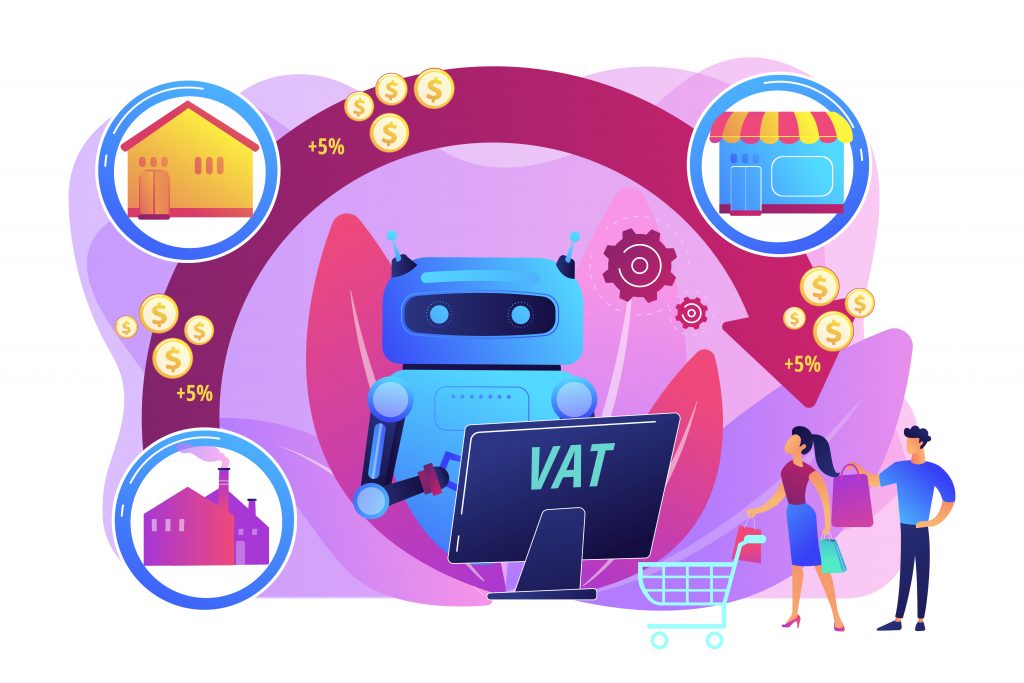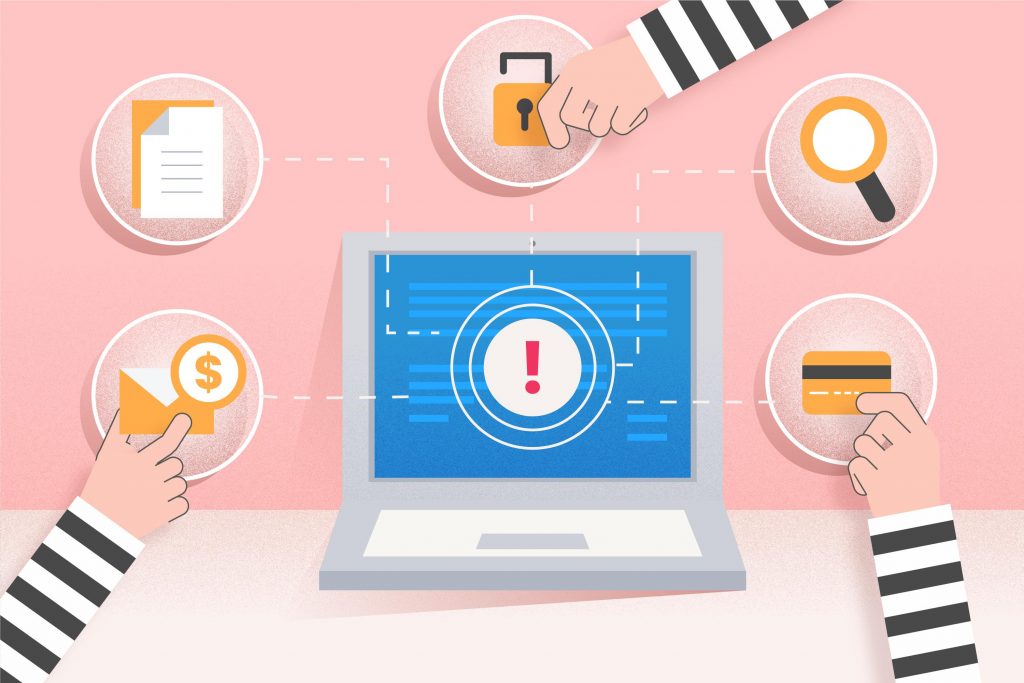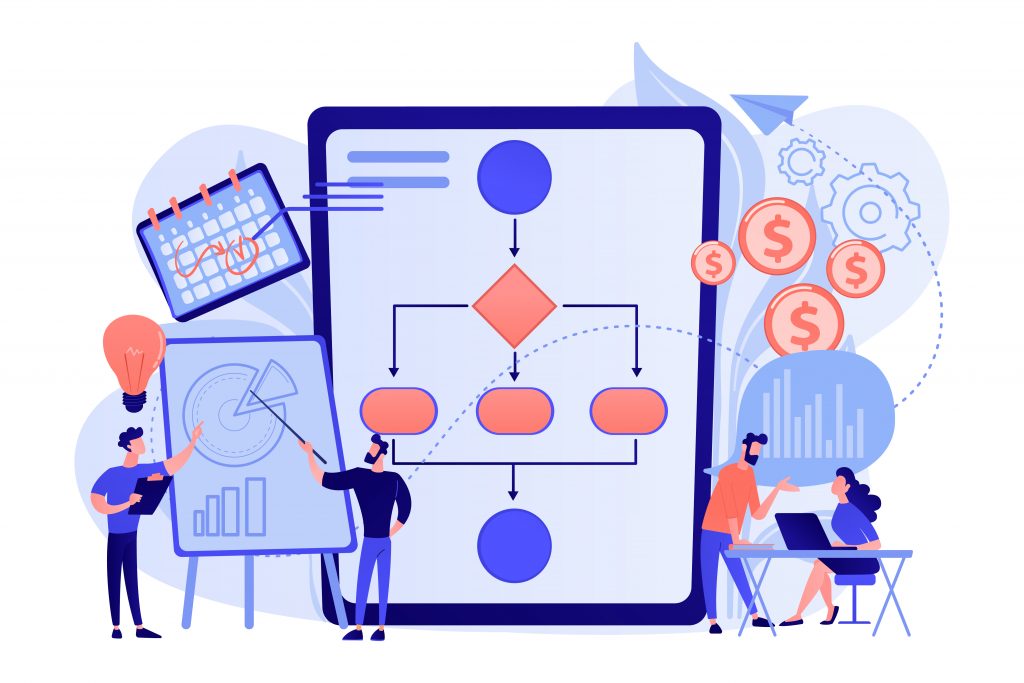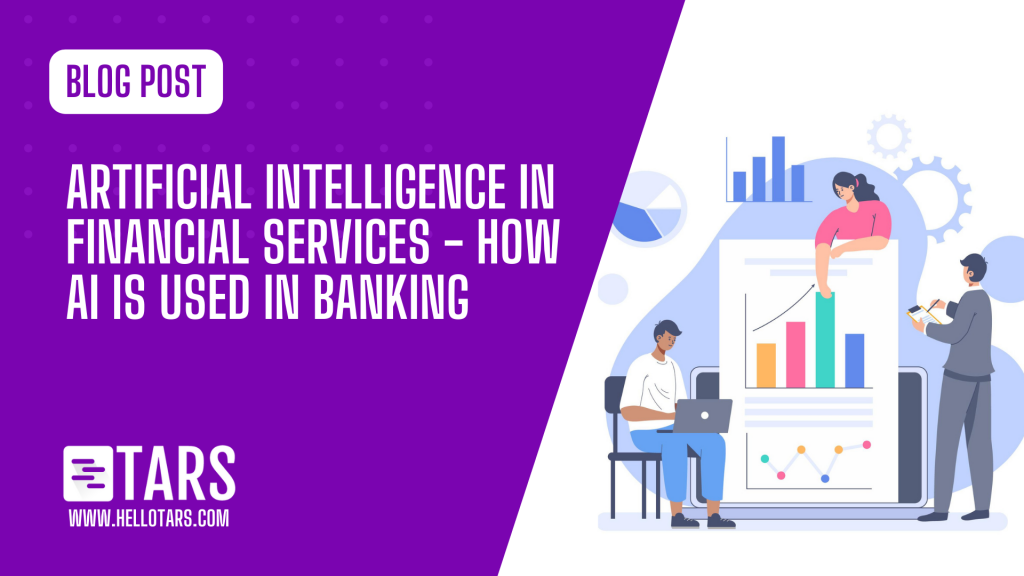Artificial Intelligence in financial services is reshaping the traditional banking industry, paving the way for a more efficient, customer-centric, and secure future. Let’s dive into the profound impact of AI in banking.
Evolution of Artificial Intelligence in Financial Services

Artificial Intelligence (AI), a term once associated with futuristic technology and sci-fi novels, is now a reality we live with. Its applications extend across numerous industries, yet its impact on financial services has been truly transformational.
The use of AI in banking isn’t new. Initially, simple automation tools were used to streamline banking processes, but today’s AI tools have taken it a step further, enhancing accuracy, speed, and decision-making capabilities.
From chatbots to robo-advisors, the current AI tools used in banking have changed the way customers interact with financial services. The rise of artificial intelligence in financial services has brought a shift towards a more personalized, user-friendly approach to banking.
The Role of AI in Modern Banking
How AI is Revolutionizing Traditional Banking Processes
Artificial Intelligence is dramatically transforming traditional banking procedures.
✅AI algorithms are streamlining operations and automating a variety of back-office tasks.
✅AI-powered Optical Character Recognition (OCR) technology is being used for document verification, significantly reducing human effort and error.
✅AI is enabling seamless, real-time account opening procedures, and faster loan processing.
✅Automation of credit checks and risk assessments by AI has improved efficiency and reduced errors.
AI integration in banking has made once unimaginable levels of efficiency a reality.
The Impact of AI on Customer Service in Banking

The advent of AI has revolutionized customer service in the banking sector.
✅AI-powered chatbots and virtual assistants equipped with Natural Language Processing (NLP) respond to customer inquiries in real-time and provide 24/7 support.
✅AI tools can handle multiple customer queries simultaneously, thereby reducing waiting times and improving customer satisfaction.
✅These AI tools learn from each interaction, enhancing their response accuracy over time.
The Role of AI in Fraud Detection and Risk Management

AI has made a significant impact in banking, especially in fraud detection and risk management.
✅AI systems can analyze vast amounts of transaction data in real-time to identify patterns and anomalies.
✅Machine learning algorithms can detect unusual transactions that deviate from a customer’s typical spending behavior and flag them for review.
This proactive approach to fraud detection enhances security and builds customer trust in financial services.
AI and Big Data: A Powerful Combination in Financial Services

The combination of AI and Big Data is revolutionizing the financial services sector.
✅AI algorithms can process and analyze massive volumes of customer data to extract valuable insights.
✅These insights enable banks to offer personalized services tailored to individual customer needs, improving customer retention and satisfaction.
✅AI-driven data analysis aids in accurate risk profiling of customers, ensuring a more balanced and efficient credit and loan system.
Use of AI in Investment Banking and Asset Management

AI tools are increasingly important in investment banking and asset management.
✅They assist in portfolio management by tracking market trends and making data-driven predictions.
✅AI systems can automate trade processing, reducing the time taken for trade settlements.
✅Robo-advisors, powered by AI algorithms, provide automated, personalized investment advice, making asset management more accessible to the masses.
AI in Regulatory Compliance and Reporting

Navigating the complex landscape of regulatory compliance in banking is easier with the aid of AI.
AI tools can
✅monitor transactions in real-time,
✅generate timely compliance reports, and
✅alert organizations to potential non-compliance issues before they escalate.
This ensures adherence to regulations, avoids hefty penalties, and preserves the institution’s reputation.
In an industry where regulatory norms are continuously evolving, AI’s role in compliance and reporting is invaluable.
Real-World Examples of AI Implementation in Banking
✅Eva – HDFC Bank (India):
HDFC Bank launched India’s first AI banking chatbot called Eva. Powered by natural language processing, Eva has been able to achieve more than 85% accuracy in answering customer queries. Since its release in 2019, Eva has successfully addressed over 5 million queries from around a million customers worldwide, resulting in reduced response times and enhanced customer satisfaction
✅Amy – HSBC (Hong Kong):
HSBC implemented an AI-powered chatbot called Amy to scale up its customer support operations. Amy tends to customer queries 24×7 and is able to provide support in multiple languages. Amy is constantly learning from interactions to get even better at query handling.
✅CEBA (Commonwealth Bank Australia)
Ceba serves as a virtual banking assistant capable of addressing various everyday banking inquiries. It can be accessed through the bank’s application and website. What sets Ceba apart is its ability to escalate issues to a human representative and guide customers to appropriate channels according to their specific requirements.
How Banks Can Prepare for the AI Revolution

To truly harness the power of artificial intelligence in financial services, banks must adapt and evolve their strategies. Here are some key steps they can take to prepare for this inevitable AI revolution:
✅Investment in AI Technologies:
Banks must allocate resources towards acquiring advanced AI technologies. Investment shouldn’t be limited to procurement alone, but also extend to the development and maintenance of these systems.
✅Partnerships with AI-Focused Firms:
Collaborating with tech firms specializing in AI can provide banks with the necessary expertise and technological edge. Such partnerships can help banks stay abreast with the latest AI trends and applications.
✅Workforce Training:
Preparing the workforce for an AI-driven environment is crucial. Banks should invest in training programs to upskill their employees, enabling them to work effectively alongside AI tools. This could include training in data analysis, machine learning, and AI ethics.
✅Data Management:
AI thrives on data. Therefore, banks must focus on improving their data management strategies. This includes ensuring data quality, maintaining data privacy, and implementing robust data security measures.
✅Regulatory Compliance:
As with any technological advancement, AI brings about new regulatory considerations. Banks should work with regulatory bodies to ensure that their AI practices are compliant and ethical.
The goal of incorporating AI in banking isn’t to replace the human workforce, but to enhance their capabilities. By enabling humans to work in harmony with AI, banks can ensure a more efficient, secure, and personalized banking experience for their customers.
How to Use AI Chatbots for Your Banking Business

To start using banking chatbots for your business you can start by simply booking a free demo where our professional team will walk you through the entire process.
Here at TARS, we:
✅Provide AI solutions tailored to your unique business needs.
✅Provide omnichannel chatbots that can be deployed across all channels (websites, mobile apps, and even text messages or SMS)
✅Take care of the entire chatbot-building and implementation process.
✅Provide plenty of customization and integration options so our chatbots seamlessly fits in with your pre-existing systems and echoes your brand image
✅Keep in touch even after the chatbot is live and deployed to ensure it is working as intended
✅Take care of any changes you may need in the future.
✅Provide any necessary training to company employees
🎯However, you don’t need to make any big decisions right away. You can get a free demo first so you can make a more informed choice.
We have worked with American Express, Vodafone, Nestle, Adobe, Bajaj and many others to help them automate processes and drive higher conversions.

I am a creative thinker and content creator who is passionate about the art of expression. I have dabbled in multiple types of content creation which has helped me explore my skills and interests. In my free time, I indulge in watching animal documentaries, trying out various cuisines, and scribbling my own thoughts. I have always had a keen interest in blogging and have two published blog accounts spanning a variety of articles.

0 Comments on "Artificial Intelligence in Financial Services – How AI is Used in Banking"